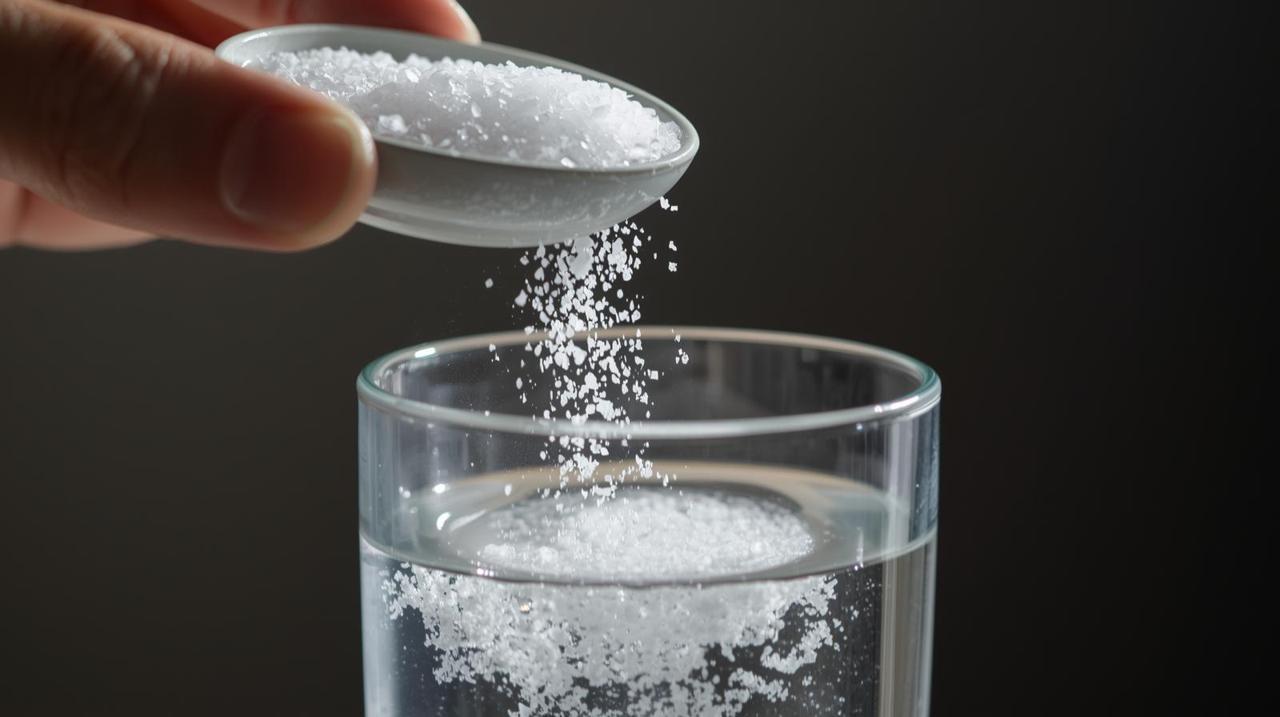
Post by : Sami Jeet
Staying hydrated goes beyond just increasing your water intake. The real question is: what are you putting into that water? Interestingly, introducing a small amount of salt may be crucial for optimal hydration.
Indeed, while salt is often viewed negatively for its potential health risks, it actually serves a vital function in maintaining hydration, boosting energy, and even aiding cognitive functions. This article examines the importance of electrolytes like sodium and how a little salt can enhance your hydration strategies.
Hydration means not only consuming water but also retaining and utilizing it properly. Each of your body’s cells requires fluid to operate efficiently, but simply drinking water isn't always sufficient.
As you perspire, physically exert yourself, or breathe, your body loses water alongside key electrolytes like sodium, potassium, magnesium, and chloride. These minerals are essential in regulating nerve functions, muscle movements, and maintaining fluid balance.
Only replacing water without electrolytes can lead to an imbalance, resulting in hyponatremia or low sodium levels, which can manifest as fatigue, confusion, or dizziness.
Consequently, achieving effective hydration involves restoring both water and essential electrolytes, not merely guzzling water.
Salt (sodium chloride) serves as your body’s key electrolyte. Sodium is pivotal for sustaining the osmotic balance within your cells, ensuring optimal water levels are retained in your tissues.
Here’s how salt enhances your hydration:
Facilitates better water absorption by your body.
Minimizes excessive water loss through urine and sweat.
Helps regulate the fluid dynamic between blood and tissues.
Promotes efficient muscle and nerve functions during physical activities or warm conditions.
Without adequate sodium, the water you consume may pass through your system too rapidly, leaving you feeling drained or dehydrated.
You’ve likely heard the advice to consume “eight glasses of water daily,” but that isn’t the whole picture.
Overindulging in plain water, particularly during high-temperature exercises, can cause your blood sodium levels to drop. Consequently, your body may expel electrolytes faster than it can restore them, leading to symptoms of overhydration such as:
Muscle cramps
Headaches
Fatigue
Nausea
Brain fog
This is why many athletes and outdoor workers opt for electrolyte-rich beverages over plain water—because effective hydration relies on achieving balance rather than sheer volume.
Incorporating a pinch of salt into your water can significantly enhance hydration through several mechanisms:
Sodium enhances your intestines' ability to absorb water efficiently. By mixing a small amount of salt into your drink, you enable your body to conserve and utilize the water better.
Your body sheds sodium when sweating during intense workouts or in high temperatures. Adding a pinch of salt into your water can restore electrolyte balance and stave off muscle cramps or fatigue.
Feeling tired even after drinking plenty of water likely stems from diminished electrolyte levels. Integrating some salt helps maintain adequate sodium levels, thereby aiding your energy and focus.
Sodium is essential for regulating blood pressure and muscle movement. Insufficient sodium can lead to weakness, irregular heartbeats, or cramping, highlighting the need for proper hydration.
Before grabbing the salt shaker, remember—moderation is vital. You do not want to consume water loaded with salt like seawater.
Here’s how to correctly incorporate salt for enhanced hydration:
Add a pinch (approximately 1/8 teaspoon) of either sea salt or Himalayan pink salt to one liter (4 cups) of water.
Ensure it’s well mixed until fully dissolved.
For additional flavor and electrolytes, consider adding a squeeze of lemon juice or a teaspoon of honey.
This concoction is often dubbed as homemade electrolyte water or “sole water.” It serves as a natural and affordable substitute to commercial sports drinks, which frequently contain sugar and artificial flavors.
The choice of salt can influence the benefits you reap.
Table Salt: Refined and often devoid of trace minerals, may include additives aimed at preventing clumping.
Sea Salt: Contains natural trace minerals such as magnesium, potassium, and calcium, enhancing its electrolyte composition.
Himalayan Pink Salt: Rich in over 80 trace minerals, it provides lower sodium content but enriched nutritional advantages.
For optimal hydration, unrefined sea salt or Himalayan salt is preferable.
Utilizing salt in your water is not a necessity for every sip. However, it proves particularly useful during:
Post-Exercise: Aids in replenishing lost electrolytes and eases post-workout fatigue.
In Hot Weather: Mitigates dehydration resulting from heavy sweating.
Morning Routines: A glass of warm salt water (with lemon) can help to balance fluid levels and jumpstart your metabolism.
Post-Illness or Diarrhea: Replenishes lost minerals and supports quicker recovery.
During Travel: Aids in preventing dehydration caused by air conditioning and lengthy flights.
Always pay attention to your body—if you’re sweating more than usual, it likely indicates an increased need for electrolytes.
While low sodium levels are less frequent than excessive intake, they can occur in active individuals or restrictive dieters.
Common indicators of low sodium (hyponatremia) may include:
Dizziness or headaches
Fatigue or muscular cramps
Nausea or confusion
Persistent weakness despite eating or hydrating
If these symptoms resonate with you, your body might need electrolyte replenishment rather than just additional water.
Excessive sodium consumption can indeed pose risks.
Ingesting too much sodium (especially from processed foods) can result in high blood pressure, water retention, along with other cardiovascular issues.
The recommended daily sodium limit for adults is around 2,300 mg (approximately one teaspoon). However, individuals who are physically active or live in warmer climates may require slightly more.
Keep in mind, we are discussing natural salts in moderate quantities, not overindulgence.
While sodium remains the predominant electrolyte for hydration, it works effectively when balanced with others:
Potassium: Found in bananas, avocados, and coconut water; it plays a key role in regulating heartbeat and nerve functions.
Magnesium: Supports muscle relaxation and helps prevent cramps.
Calcium: Essential for bone health and nerve signaling.
A well-rounded electrolyte intake ensures that your hydration approach fosters overall health, not just fluid balance.
Incorporating a dash of salt into your hydration practices offers more than just thirst quenching.
Here’s what to anticipate when your hydration levels are appropriately managed:
Enhanced energy and concentration throughout the day.
Improved exercise efficiency and swifter recovery.
Fewer muscle cramps and reduced fatigue.
Stable mood and less stress.
Healthier skin and better digestion.
Hydration influences everything—ranging from cognitive function to physical capabilities.
For years, salt has been demonized; however, similar to many health aspects, the focus should be on balance and context.
When used judiciously, salt isn't the adversary—it is an essential nutrient your body requires for optimal operations. By adding just a small pinch into your water, you can effectively improve hydration, boost energy, and maintain physical balance, especially during periods of strain or heat.
So, the next time you're about to hydrate, consider what your body genuinely craves—a mix of electrolyte-infused water, rather than plain H₂O.
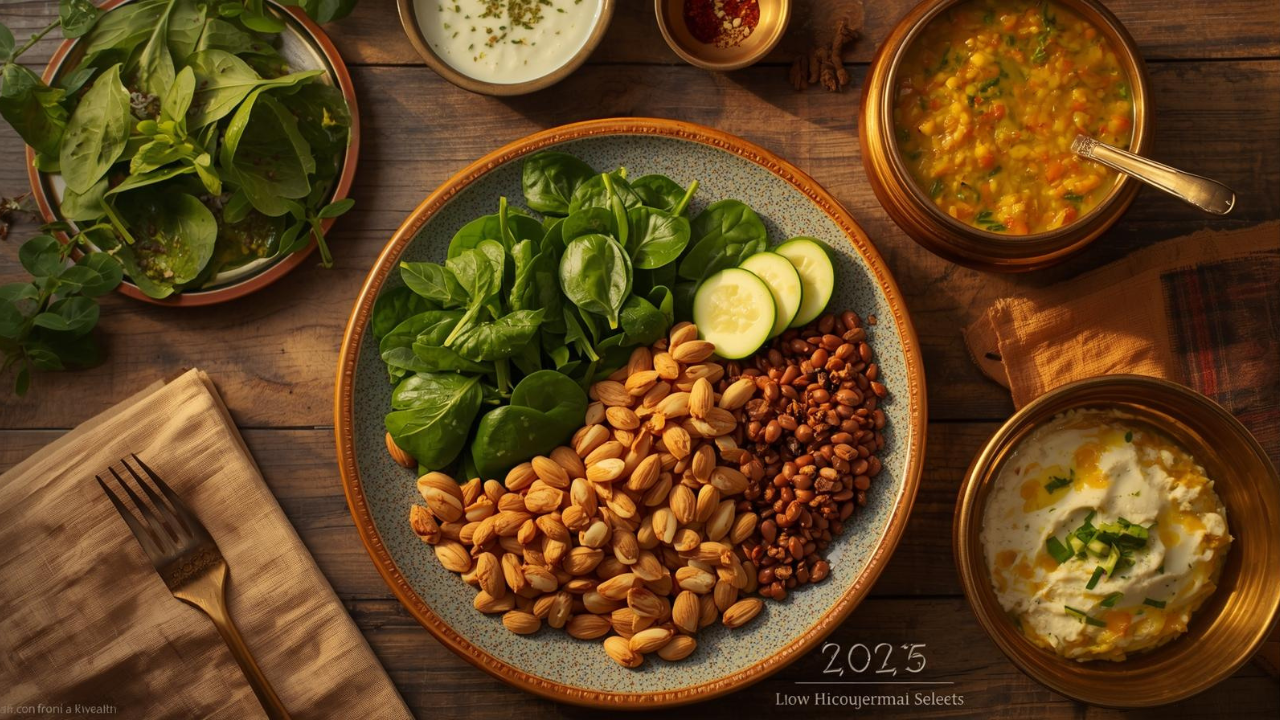

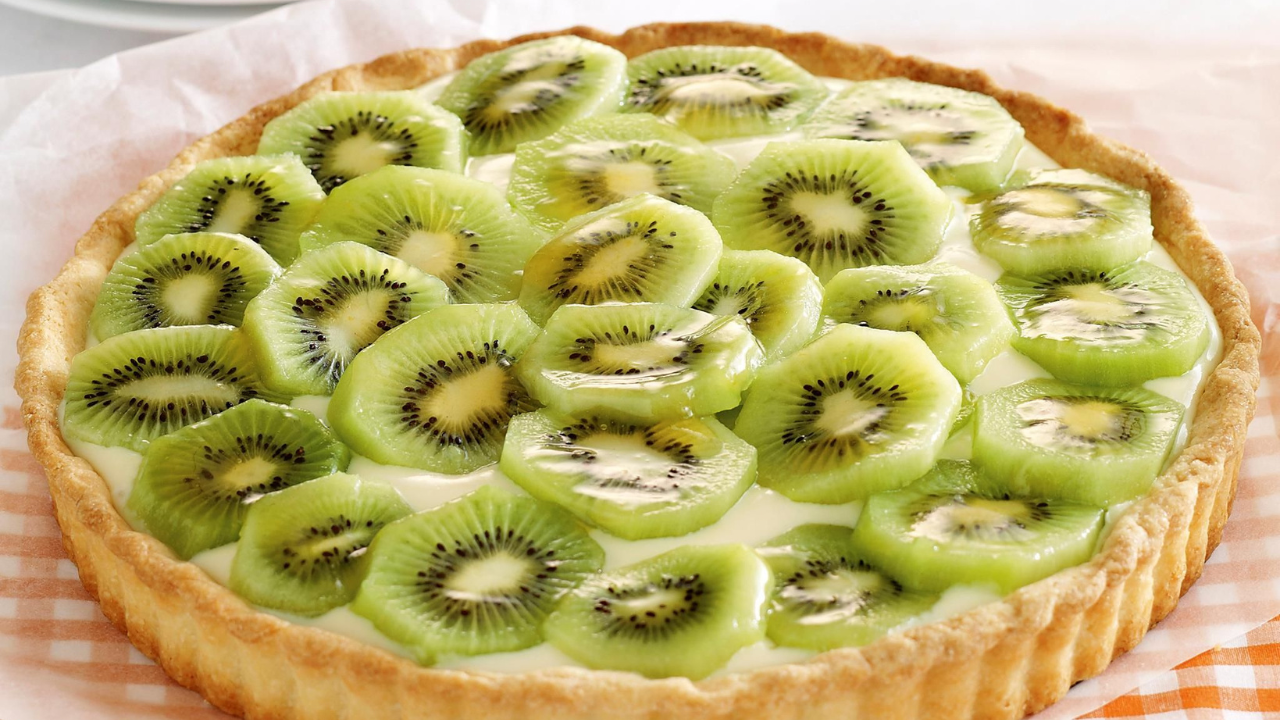
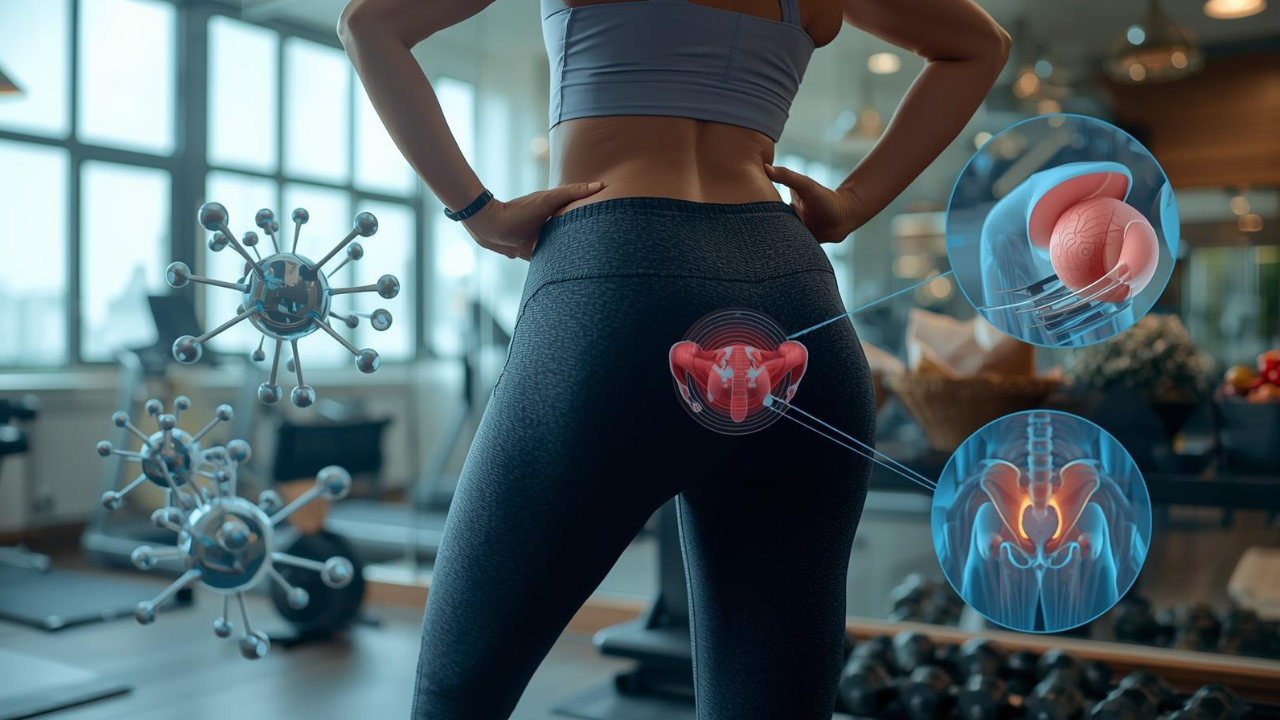
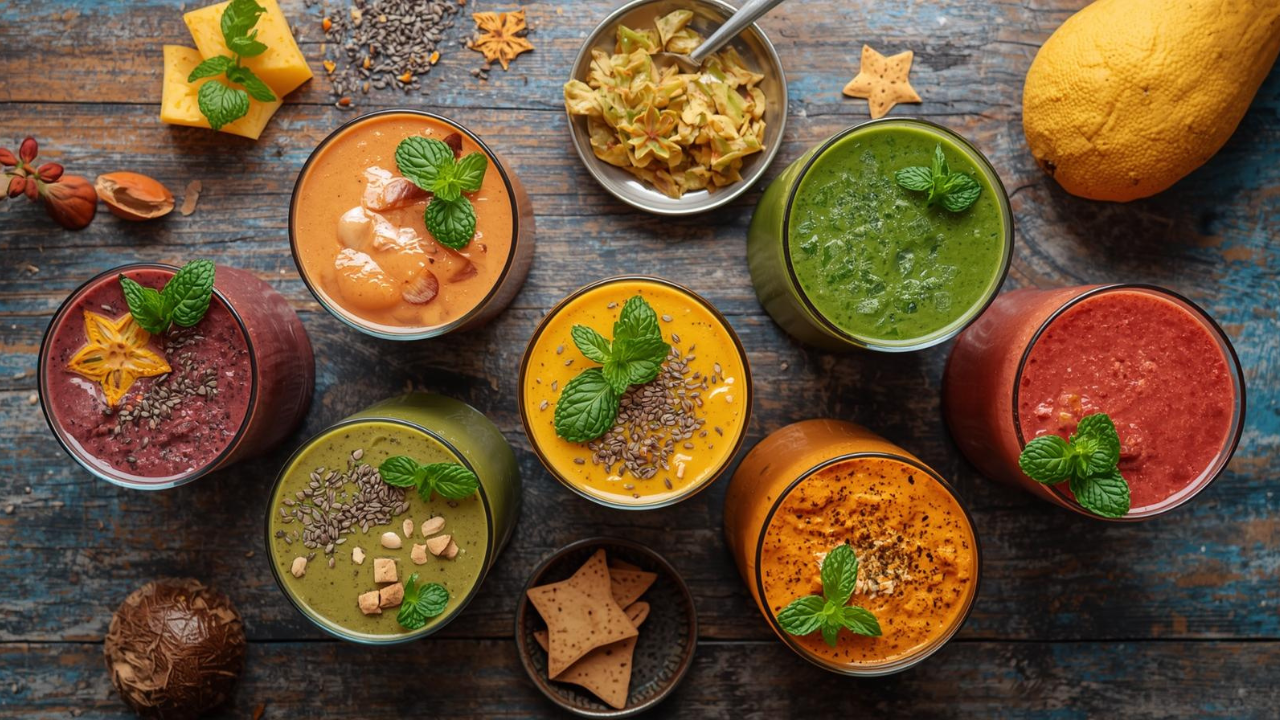
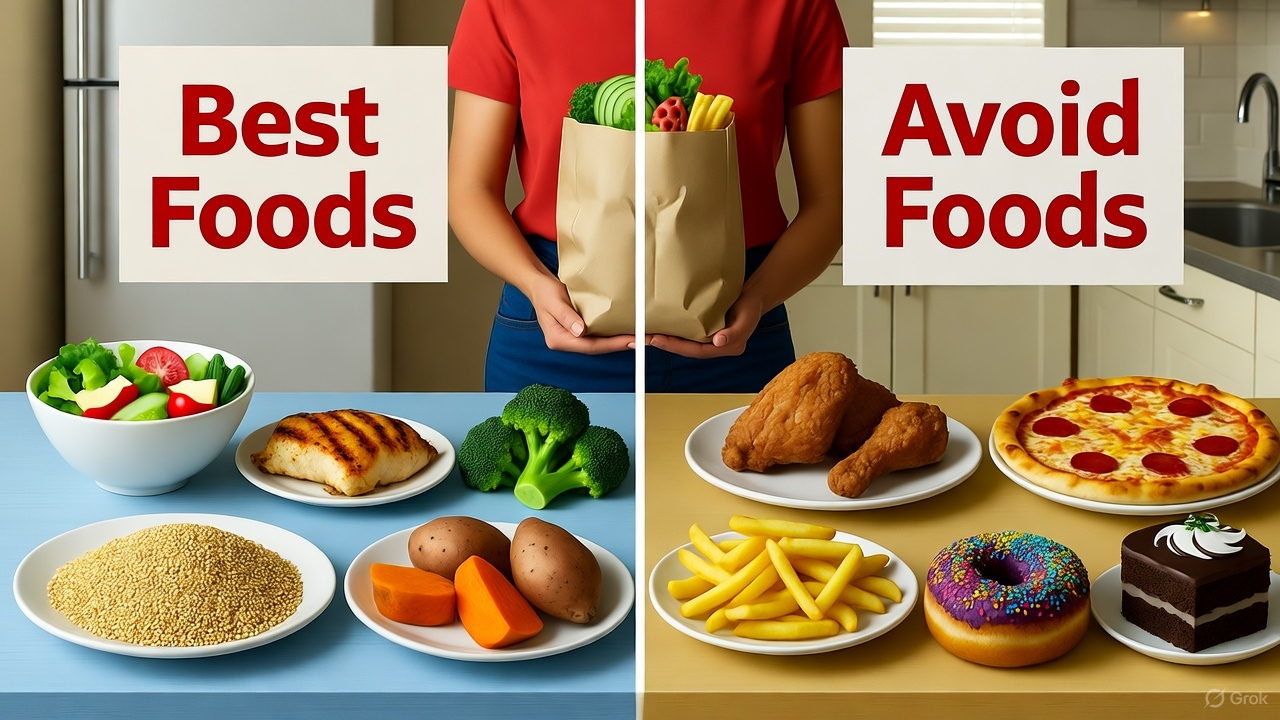
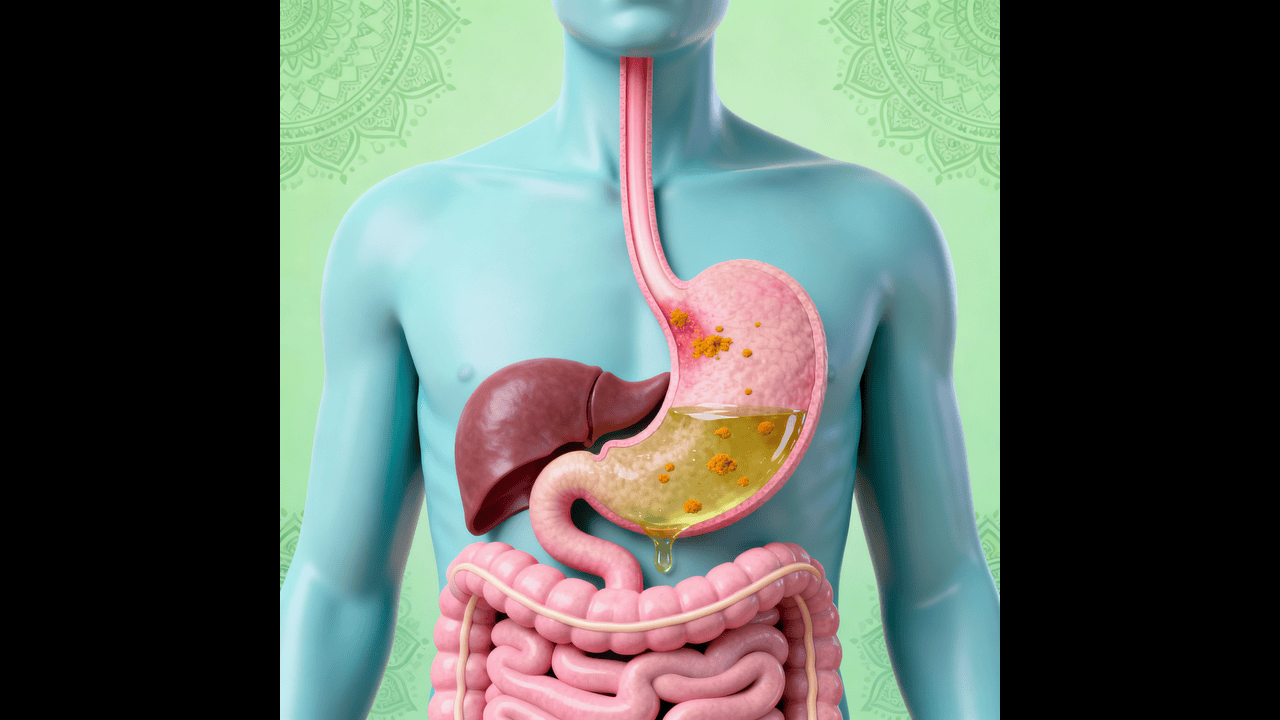
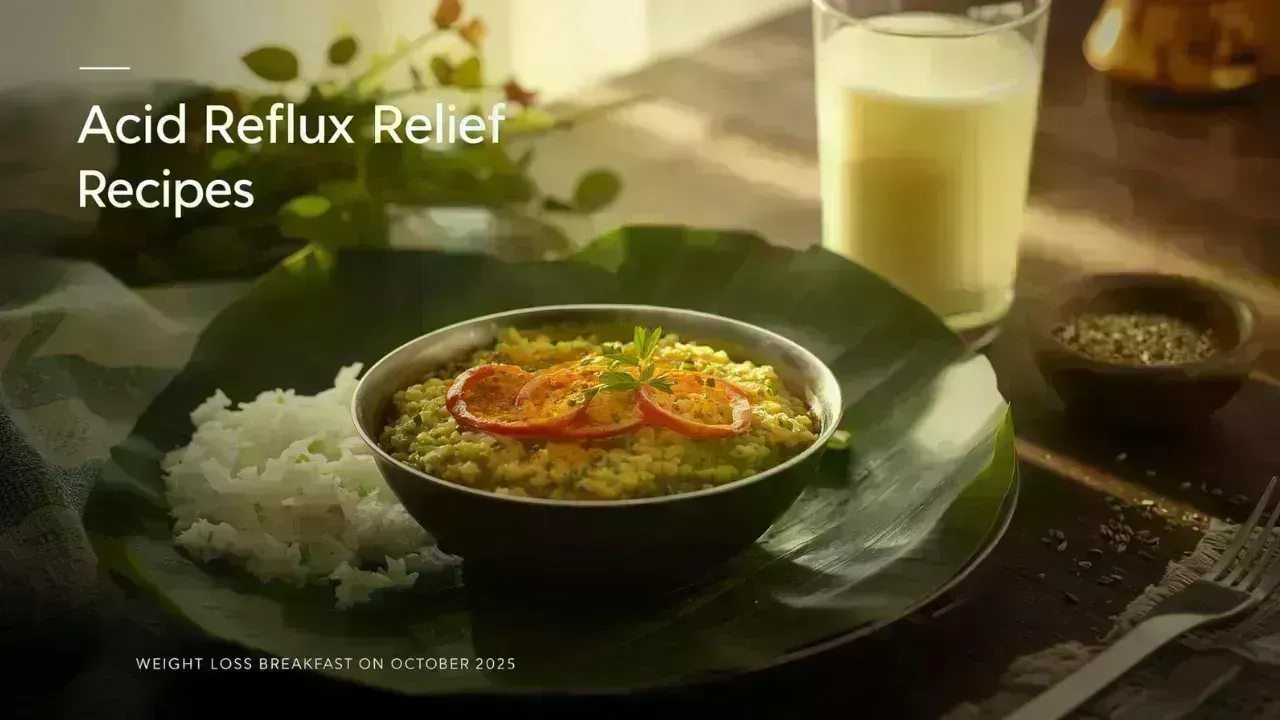
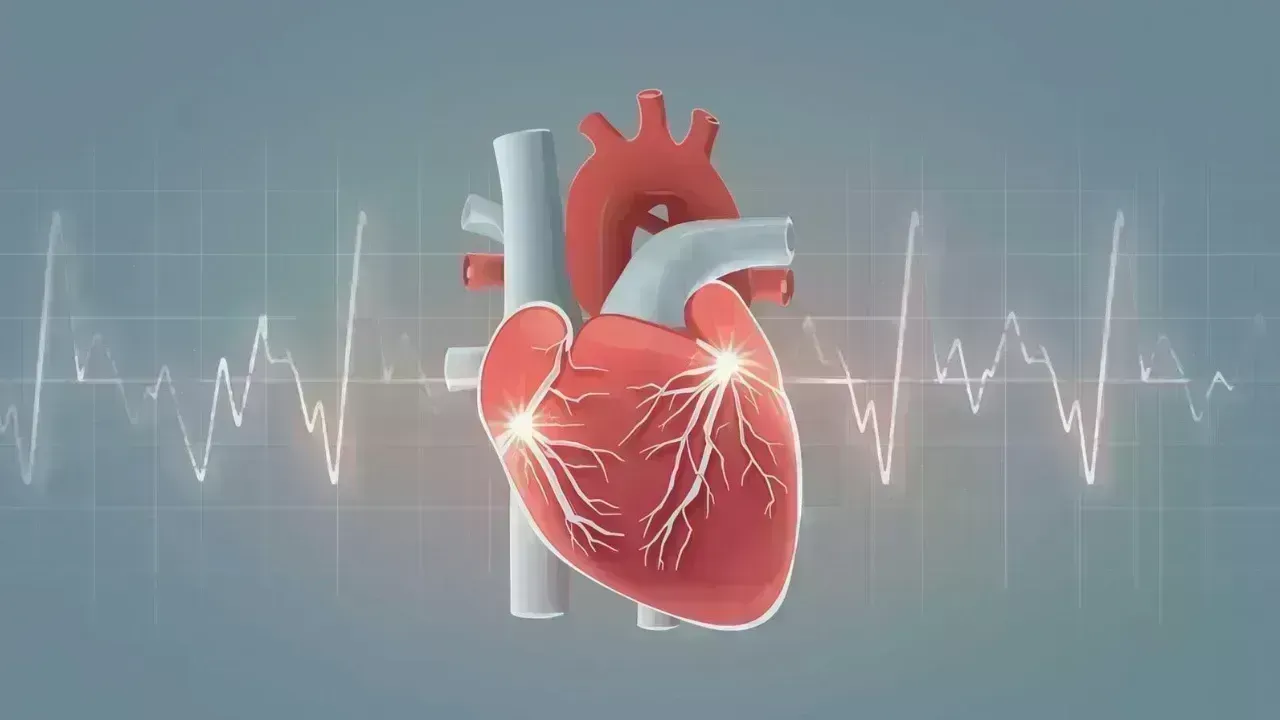

NBA Friday Recap: Powerhouse Wins for Miami, LA, Milwaukee, and Clippers
Miami, LA Lakers, Milwaukee, and Clippers triumphed in a thrilling NBA Friday, showcasing standout p

Doncic Shines with 49 Points in Lakers' 128-110 Victory over Timberwolves
Luka Doncic dazzles with 49 points as the Lakers secure a 128-110 win against the Timberwolves, show

Kings Triumph Over Jazz 105-104 with Last-Minute Sabonis Effort
The Sacramento Kings edged out the Utah Jazz 105-104, with Domantas Sabonis making the decisive shot

Argentina's Friendly Match Against India Delayed, New Date to be Announced
The friendly match between Argentina and India in Kochi has been postponed due to FIFA approval dela

Rohit and Kohli Conclude ODI Journeys in Australia with a Victory
Rohit Sharma and Virat Kohli bid adieu to Australian ODIs with a final win, forming a 168-run partne

George Russell's Wrestling Mask Antics at Mexican Grand Prix
George Russell donned a wrestling mask to enjoy the Mexican Grand Prix from the stands, providing a